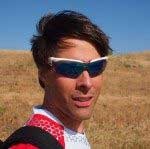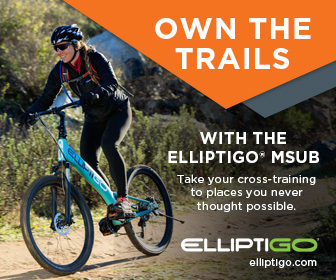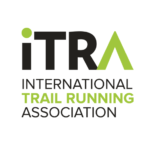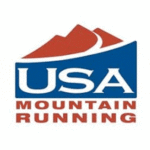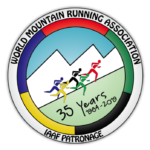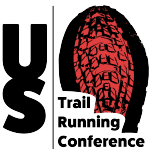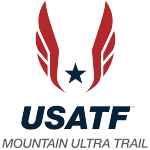
Naked at the Knife-Edge: What Everest Taught Me about Leadership and the Power of Vulnerability, written by Vivian James Rigney. Forefront Books, 2022. Reviewed by trail runner Laura Clark. Laura is an avid mountain, trail and snowshoe runner who lives in Saratoga Springs, NY, where she is a children’s librarian.
“It’s not the mountain we conquer, but ourselves.” -Sir Edmund Hillary
Most of us strive to include one “reach” event in our yearly calendar – a race that with dedicated training would be within the realm of possibility, but still teeters at the knife-edge of failure. For me, that equates to a longish snowshoe event with lots of elevation, where the likelihood of below zero temperatures can be expected to add to the challenge. Reading Rigney’s Naked at the Knife’s Edge, helped me put my expectations into perspective.
Author Vivian James Rigney, an executive coach and leadership team builder, had set his sights on scaling the highest summits on all seven continents. As a high-powered executive, he discovered that pushing beyond his physical comfort zone afforded a justifiable break from the rat race, but still added a different type of pressure. Most importantly, it was a means to prove himself to his mountain climber father and a method to dull the pain caused by his younger brother’s deadly car accident. Ultimately, what he discovered was not what he had anticipated.

Naked at the Knife-Edge
While he made it through the first six summits and enjoyed the accompanying diverse cultural experiences, he soon learned that Mt. Everest loomed as the quintessential elephant in the room, involving a huge commitment in training, money and time away from job and family. For indeed, the actual summitting comprised only a small fraction of the equation. I had always thought that the lengthy forays the teams took beyond base camp were basically for altitude acclimatation, but that is only a small part of the equation. The hikes and camping at different levels were boot camp—vital to make gear usage automatic and mold the group together as a working and successful team. And without the Sherpas going out every day to set and reset routes. picking the best paths through fluid crevasses and looming avalanches, the entire party would succumb.
It was at this point that reality hit and Rigney realized that while it would be great to summit, true success should be redefined as avoiding death and coming back alive. He had reached the point we all do in a stretch event, where we question why we are here and consider the easier option of just going home and taking a nap. In the end, it was facing the death of his brother, his own personal Everest, that pulled him out of his funk. Would this have happened eventually without such an extreme commitment? Perhaps, but perhaps not quite as deeply.
On his return to the real world, he marveled at the joy of a shower, the brilliance of color, the exquisite taste of food. I totally get it. I have spent some time in less privileged countries and still remember how upon return, I spent hours roaming the aisles of an ordinary supermarket marveling at all the offerings available. Perspective is everything. My personal takeaway after this read was his reflection that it takes months, even years to process traumatic events, explaining why folks who were in combat like my husband, rarely spoke of their experiences. Now, instead of feeling resentment that he didn’t confide, I finally understand. After all, it wasn’t until 12 years after his climb that Rigney published his book. In a later interview, Rigney confides that his expedition finally jelled for him during the initial stages of the COVID pandemic when we were forced to let go of our normal concerns, release all sense of personal control over our fate and examine what was truly important.

Naked at the Knife-Edge
Still, there is a sobering side to Rigney’s journey. While his hand-picked team was above professional, for some, the only qualification is having enough money to buy your way in. With the roughly ten-day weather window for successful summitting, the jumble of beginners and serious climbers gets funneled onto a slow ascent where folks remain static, traffic-jammed in the punishing cold, awaiting their turn. There has got to be a better way.
And so, what was Rigney’s takeaway? An overriding appreciation for simple sights and pleasures and a realization that busyness was not a valid goal. He reflects, “…I believe that we each have our own personal Everest to climb…I think you’ll find, just as I did, that you already have all the resources you need inside you.” In an interview after the publication of this powerful book, Rigney concludes, “There are rarely perfect choices on the mountains, just as there are rarely perfect paths in life…Intuition is perhaps our greatest superpower as humans. It allows us to listen to ourselves and tap experiences combined with data to make decisions.”

